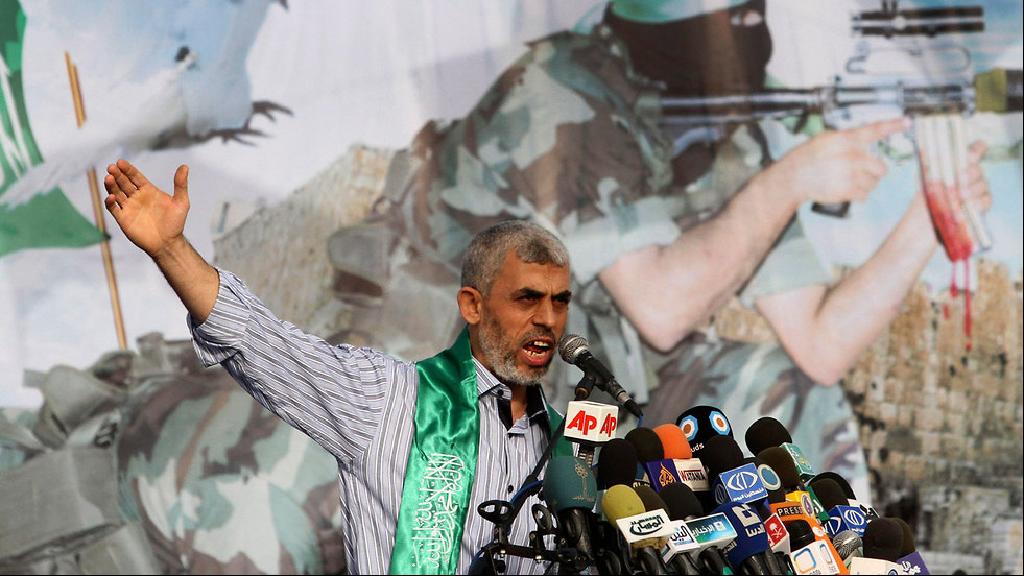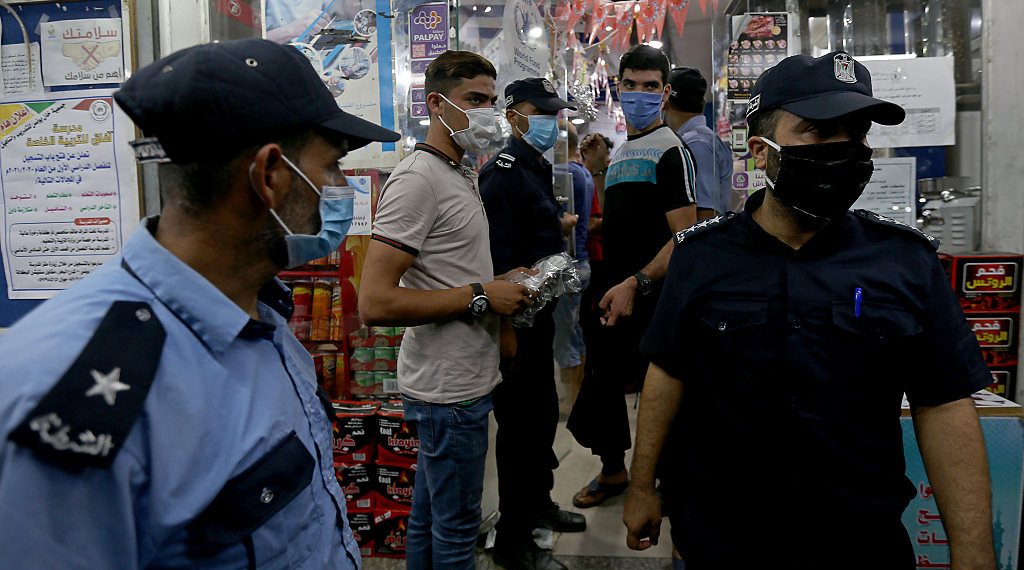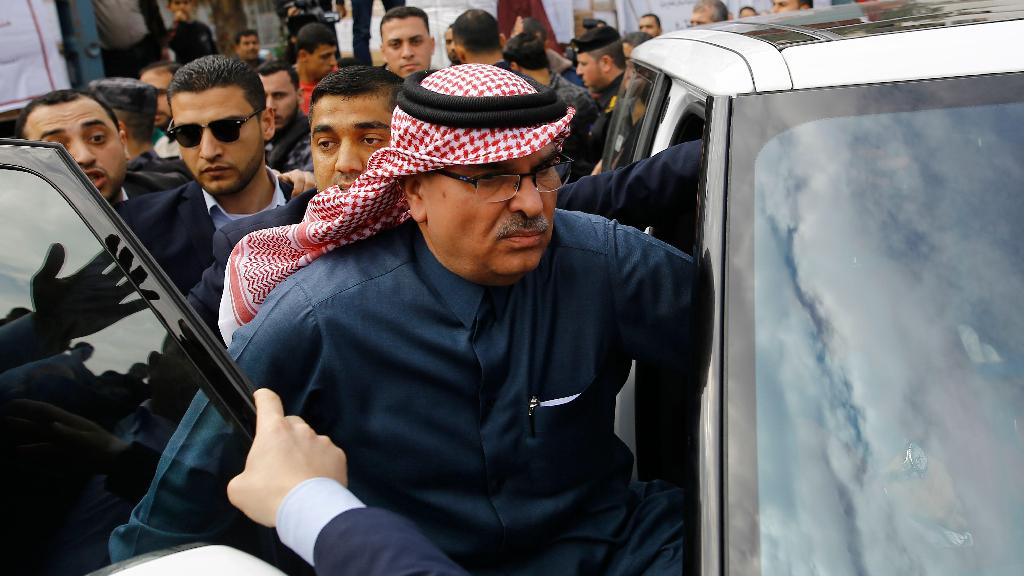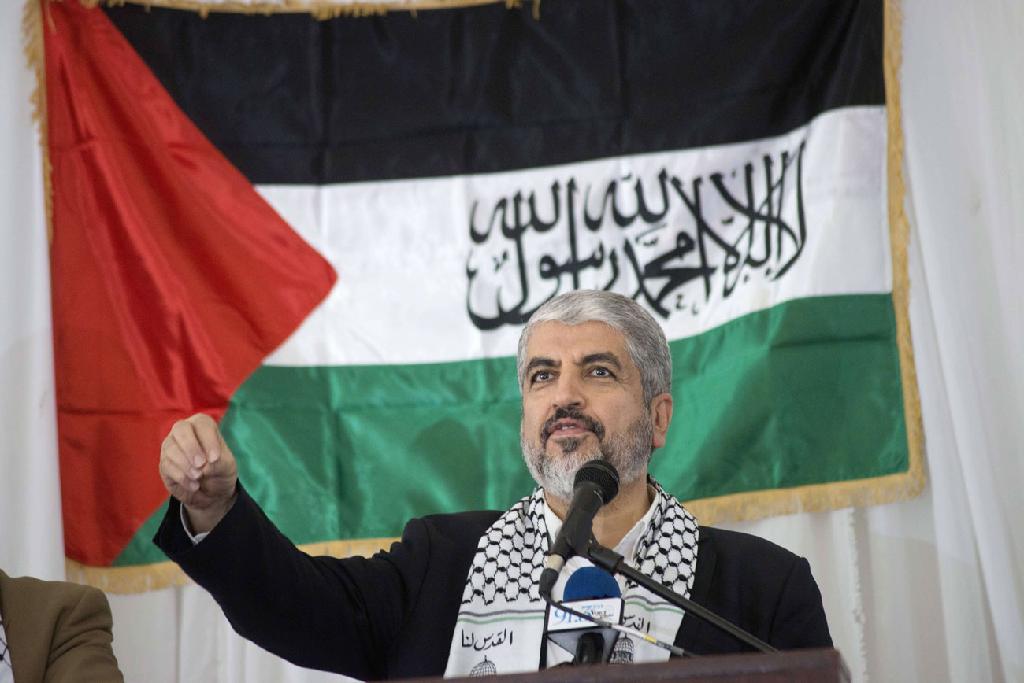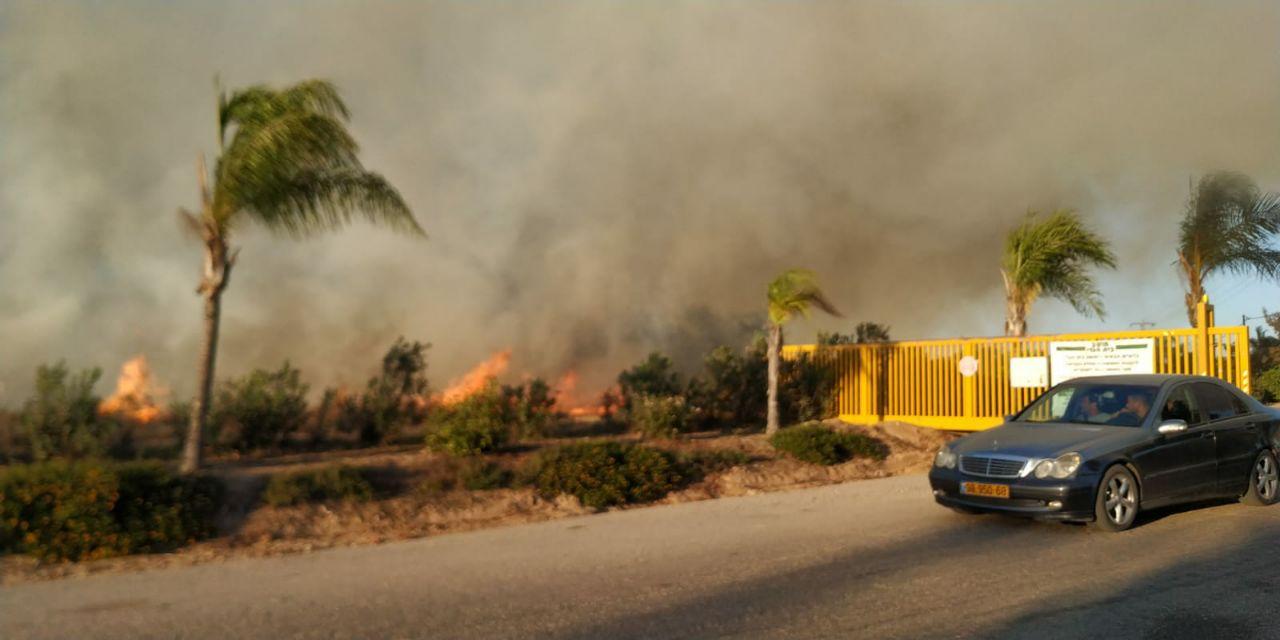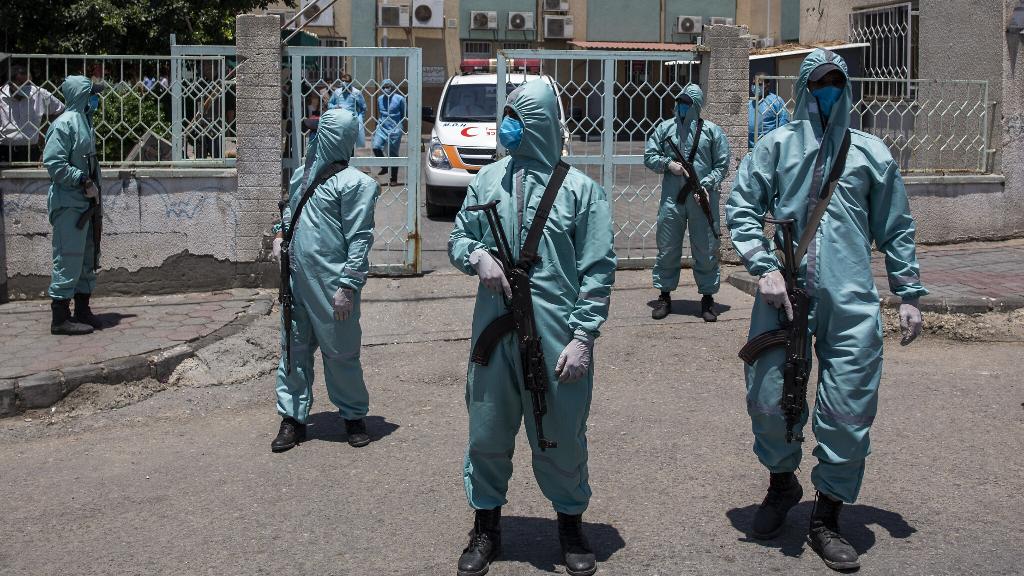Getting your Trinity Audio player ready...
There are no understandings as far as Gaza is concerned. No agreements. No anything.
The way the latest escalation ended is nothing but an invitation to the next round, which may end up being more violent.
This can be attributed to the current leader of Hamas in the Gaza Strip, Yahya Sinwar, who's steadily losing his grip on the Palestinian enclave his group took over in 2007.
If it were within his power, Sinwar would have gladly erased the last escalation from the collective Palestinian consciousness.
Not only did he fail to achieve any economical, national or military achievement to present to the people of the Strip, the situation in Gaza actually deteriorated.
During the three weeks Israel closed the land and ocean passageways into the Strip, the number of unemployed there jumped by no less than 10%, as thousands lost their jobs and their livelihoods.
Neither Sinwar nor his people can bury these numbers with mere words. This last round of violence against Israel was a colossal failure for him and his people.
In October, Sinwar is set to run for the Hamas presidency, in an election season that begins in November and ends in March.
Sinwar is stumbling to the starting line while Gaza is under full lockdown due to the coronavirus pandemic and while the Strip is suffering from the worst economic crisis it has known since the Hamas leader came into power.
During the latest escalation - which involved continued incendiary balloon attacks on Israeli territories adjacent the enclave - Sinwar tried to force Israel to the negotiating table in an effort to improve the life in the Strip by October.
On that count he succeeded; Israel indeed negotiated with Hamas through Egypt, Qatar, and the UN.
During negotiations, Sinwar demanded conditions that were supposed to supply the residents of the Strip with a new lifeline. Only, he did not settle for the usual demand for new electricity infrastructure in order to supply Gazans with additional power.
Sinwar demanded the electricity Israel supplies to the enclave be greatly increased; the import of goods Israel categorized as contraband; more Palestinian workers granted entry into Israel; and finally, he demanded an open checkbook from Qatar instead of a monthly stipend.
On Monday, Sinwar announced a restoration of calm along the Gaza border without receiving anything significant from Israel. This calm is set to expire within two months - the time period Hamas gave to Israel before it embarks on its next escalation.
Qatar, for its part, paid what was promised - handing over $30 million with no guarantees of future payments.
If it was up to the Qatari emissary, this would have been the last grant Gaza ever sees from Doha.
It seems that following Qatar's initial reluctance to transfer the grant, Sinwar and al-Emadi held a meeting in which the Hamas leader hurled accusations against Qatar, which he claimed was trying to weaken him in order to strengthen Khaled Mashal, his political adversary in the upcoming elections.
In the end, not only did Sinwar found himself back at square one, the IDF used the balloon attacks as an excuse to strike no less than 104 Hamas-affiliated targets within the enclave, thus delivering a blow to the organization's infrastructure in the Strip.
Israel's Fire and Rescue Service and the military were both prepared to deal with the blazes started by the balloon attacks.
The IDF also used the opportunity to test a laser-based defense system whose objective is to shoot down drones and balloon clusters. The results appeared to have been satisfactory, as the IDF's Planning Directorate is now contemplating whether to further develop the system.
Hamas is also seeing the finishing touches to Israel's underground barrier, a countermeasure that aims to torpedo any further attempts to tunnel into the country.
About a week ago, Gaza was hit by its own wave of coronavirus, a new development that may have pushed Sinwar to end the current round of aggression.
Given that the Strip has a sum total of 120 ventilators, it is safe to say Gaza is on the precipice of disaster.
The Strip is under complete lockdown at the moment, no movement is permitted from district to district, and schools and beaches are closed.
All exits from the Strip have been closed, except for the goods transferred from Israel into the Strip on Tuesday that were thoroughly disinfected by the Palestinians upon their entrance into the enclave.
Even if Israel wanted to throw Gaza an economic lifeline - the coronavirus has made it all but impossible. So what will Sinwar do now?


